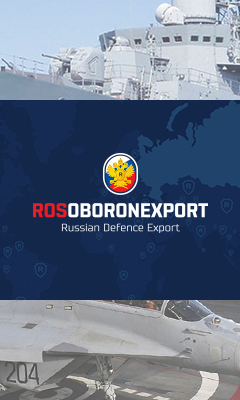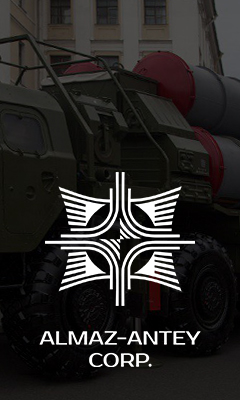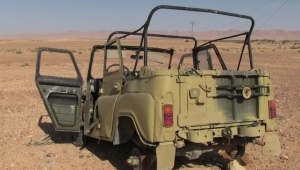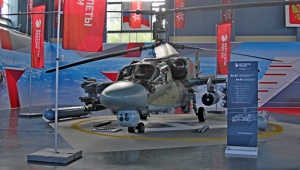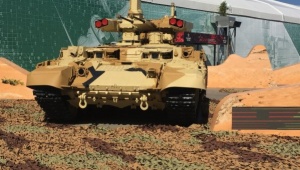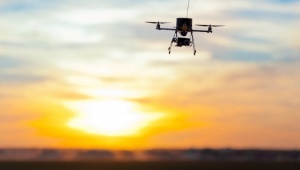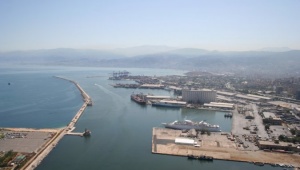"The train-and-equip program has changed, but it has not gone away. We’re still equipping moderate Syrian opposition fighters," Colonel Steve Warren, spokesman for Operation Inherent Resolve, told the press on Tuesday. RT quotes him.
As an example, he cited the airdrop of 50 tons of ammunition to the "Syrian Arab Coalition" (SAC), a 5,000-strong force of Arab insurgents in the east of Syria, which he said was fighting against Islamic State (IS, also known as ISIS and ISIL) militants. The shipment consisted of small-arms ammunition, hand grenades, and rounds for mortars and rocket-propelled grenade (RPG) launchers, he said.
Warren said the group’s leader has been vetted by the US and given "specific training" on some specialized equipment. In his view, the airdrop was "not a major shift" in US operations in Syria, since there have been other supply drops in the past, notably to Kurdish forces in Kobani.
The original program, funded by Congress to the tune of $500 million, envisioned creating a 15,000-strong force of individually vetted US-backed ‘moderates’ that would focus on battling Islamic State forces. After most of the US-trained fighters were captured, or defected to Islamist groups with all their weapons and equipment, the White House announced it would cut the effort short.
"That program didn’t work," Warren admitted to reporters. "Being an adaptive and agile organization, we’ve made an adjustment. We’ve adjusted our approach," he added.
Though Warren said the SAC has been fighting IS militants in the region of Raqqa "for months," and described the US contacts with the group as a result of a "yearlong process of building ties," the first mention of the group’s name appears to be a New York Times article on October 9.
The group is reportedly part of an even broader coalition: Reuters reported on October 12 that the SAC had teamed up with the Kurdish People’s Protection Units (YPG) in what they called the "Syrian Democratic Forces." However, when asked about the SDF, Warren said he did not know who they were.
Moscow has expressed skepticism about the ongoing US efforts to back the elusive ‘moderate’ rebels in Syria, as well as the effectiveness of the US-led air campaign which began in October 2014.
"We barely have any doubt that at least a considerable part of these weapons will fall into the terrorists’ hands," Russian Foreign Minister Sergey Lavrov said in an interview with Russia’s NTV, describing the results of the US-led air campaign against IS as "insignificant."
Asked what would happen if the SAC requested US air support against the Syrian government forces, Warren maintained that they were only fighting IS at the moment. However, he admitted that US planes have struck groups other than IS – such as Al-Qaeda affiliate Jabhat al-Nusra – and that the Pentagon’s policy on air strikes in Syria "still needs a little bit of development."
US ‘Adjusts’ Aid Program to Supply New Rebel Group in Syria
Rubric:
Conflicts
Washington has ‘adjusted’ its controversial program of aiding the Syrian rebels to vet commanders rather than individual fighters, and provide supplies instead of training. A new rebel group in northeastern Syria has emerged as a recipient of US aid.











